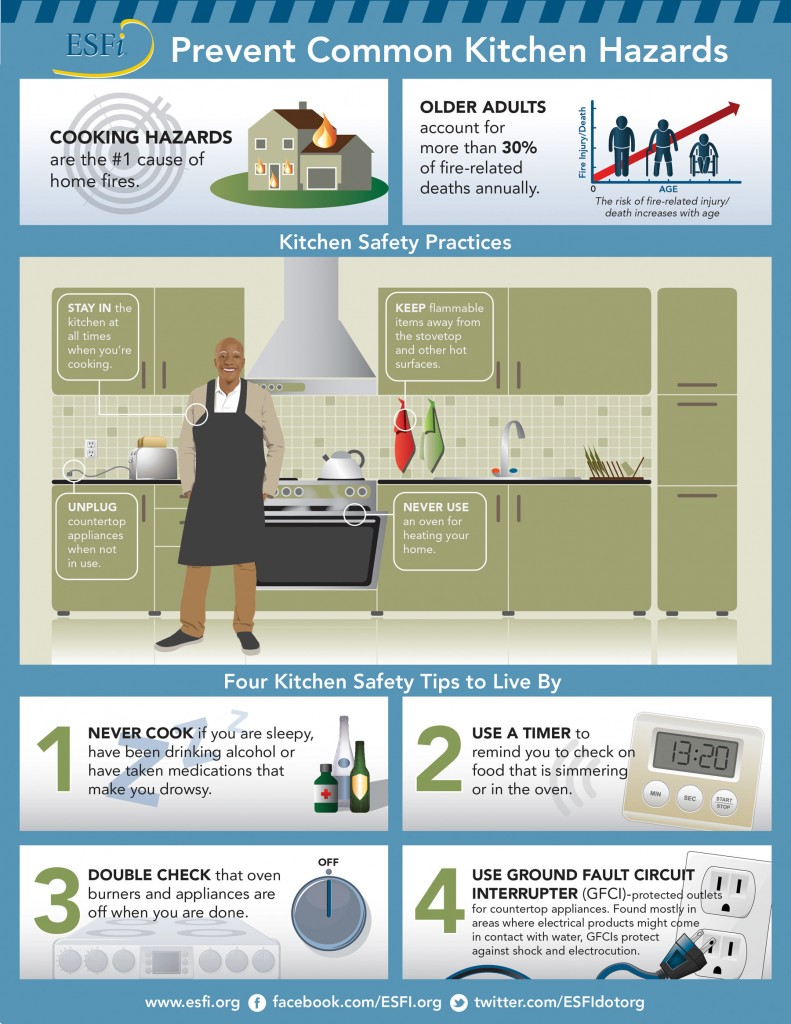By Abby Berry
Are you ready for winter’s cold grasp? Snow and ice are inevitable when dealing with winter storms, but being prepared can make a world of difference. Tennessee’s electric cooperatives recommend the following tips to help you prepare for wintery blasts.
Winterize your home
Winter storms wreak havoc on your home. By winterizing your living space, you’ll be prepared for extreme cold and hazardous conditions.
- Remember to maintain and inspect heating equipment and chimneys every year to ensure they’re working safely and properly.
- Caulk and weather strip doors and windows to make the most of your heating system.
- Freezing temperatures often cause water pipes to burst. Remember to insulate pipes with insulation or newspapers and plastic. Allow faucets to drip during extreme cold to avoid frozen pipes.
- Consider installing storm windows for better insulation. You can also cover windows with plastic (from the inside) to keep the cold out.
- Make sure everyone in your family knows where the home’s fire extinguisher is located and how to use it properly. House fires occur more frequently during winter months, as people tend to use alternative heating methods that may not be safe.
Prepare a winter survival kit
Severe winter storms often bring heavy accumulation of ice and snow, which can lead to downed power lines and extended outages. Electric co-op crews will work hard to restore power, but having a winter survival kit on hand is a smart idea.
- Food: Store food that does not require cooking, such as canned goods, crackers, dehydrated meats and dried fruit. Keep a large supply of water on hand. Ready.gov recommends five gallons per person.
- Medication: Be sure to refill all prescriptions in the event of a major power outage.
- Identification: Keep all forms of identification handy, such as driver’s licenses, photo IDs and social security cards. Bank account information and insurance policies are also good to have on hand.
- Other items: First Aid Kit, blankets, flashlight, battery-powered radio and extra batteries.
Stay warm and safe
If an outage occurs, you should plan for an alternate heating source. A fireplace, propane space heater or wood-burning stove would be sufficient. Fuel and wood-burning heating sources should always be vented, and make sure carbon monoxide and smoke detectors are working properly. Always practice extreme caution when using alternate heating sources.
If you decide to use a portable generator during an outage, make sure it is placed outside the home for proper ventilation. Be careful not to overload the generator. Use appropriate extension cords that can handle the electric load.
Follow these tips, and your family will stay warm in the event of a power outage. For more information on preparing for winter storms, visit your local co-op website or www.ready.gov.
Abby Berry writes on consumer and cooperative affairs for the National Rural Electric Cooperative Association, the Arlington, Va.-based service organization for the nation’s 900-plus consumer-owned, not-for-profit electric cooperatives.




